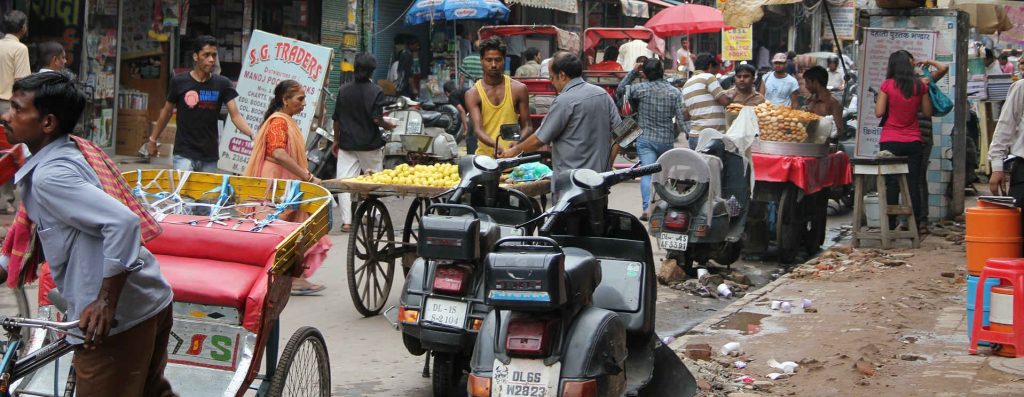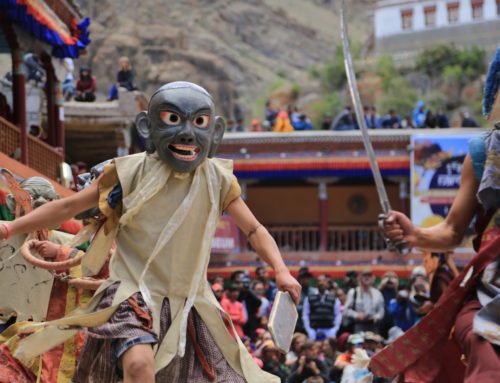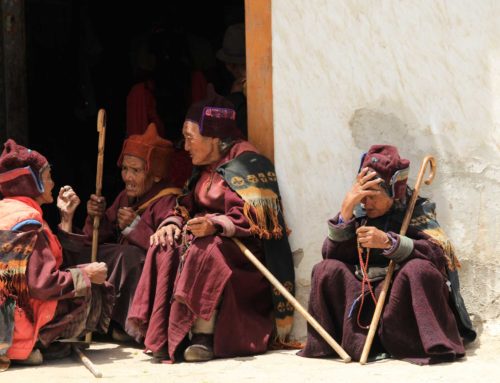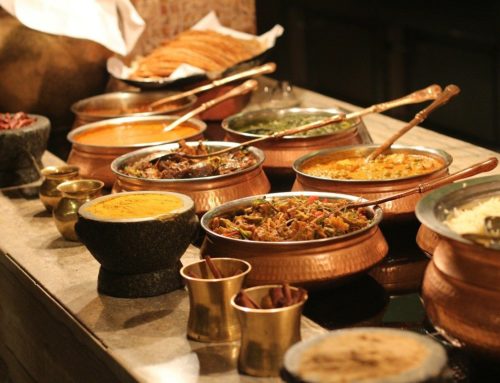We are often asked by our guests whether they should bring small (or sometimes larger) presents with them on their journeys, and if so what would be the best kind of gift. This isn’t a question with a simple answer, so we have written this post to look at the most important aspects.
![]()
Should you give presents to people in the host country?
We don’t think that arbitrarily giving stuff away is such a good idea. Of course, the intention is good, but receiving a present from an unknown, non-related person, almost as if it were a blessing from heaven, can seem and feel more than a bit strange. It is a loaded gesture that reminds of the patriarchal “rich white”, who acts as a savior and helps the “poor” while at the same time denies them the chance to help themselves.
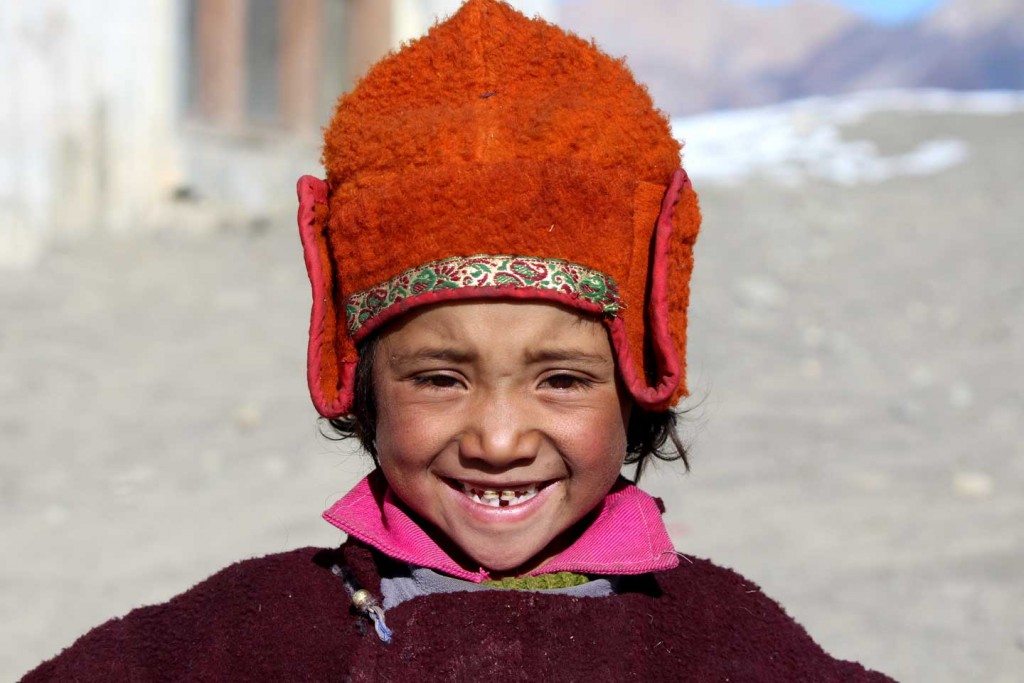
Carelessly giving things to children has a negative effect!
No matter how good the intentions, random gifts – especially among children – often have the effect of inducing them to beg. Too frequently, even in remote mountain villages, one can hear little kids of preschool age asking for “one pen”, “one chocolate”, “one rupee” or “one bonbon”. Obviously someone in the past (maybe even the very recent past), passed through the region giving away pens, chocolate and other sweets (or simply money) to the children along the way, inadvertently sending the wrong message. In the short term sure, the children are happy, but in the long term this may not have a positive learning effect on the youngsters. On the contrary, their motto becomes a sad one: “I just have to look cute and beg a bit, then I will get presents.” (Not to mention the fact that many children barely brush their teeth, and too many sweets are not exactly beneficial for their dental health… but this is another issue.)
![]()
So… no presents?
Well, not necessarily. Gifts are ok, and a very nice gesture to show gratitude. So why not? When we are invited to someone’s house back in our home country, we usually also bring something for the host, or at least something to share with them. You can also do this abroad. Traveling in India often results in spontaneous invitations to tea, dinner or even a big feast. When this happens, one usually has already established some kind of relationship with the host, and so a small gift feels natural. A visit to a school is another appropriate ocassion for this: you can give for example crayons or football balls as a thank you.
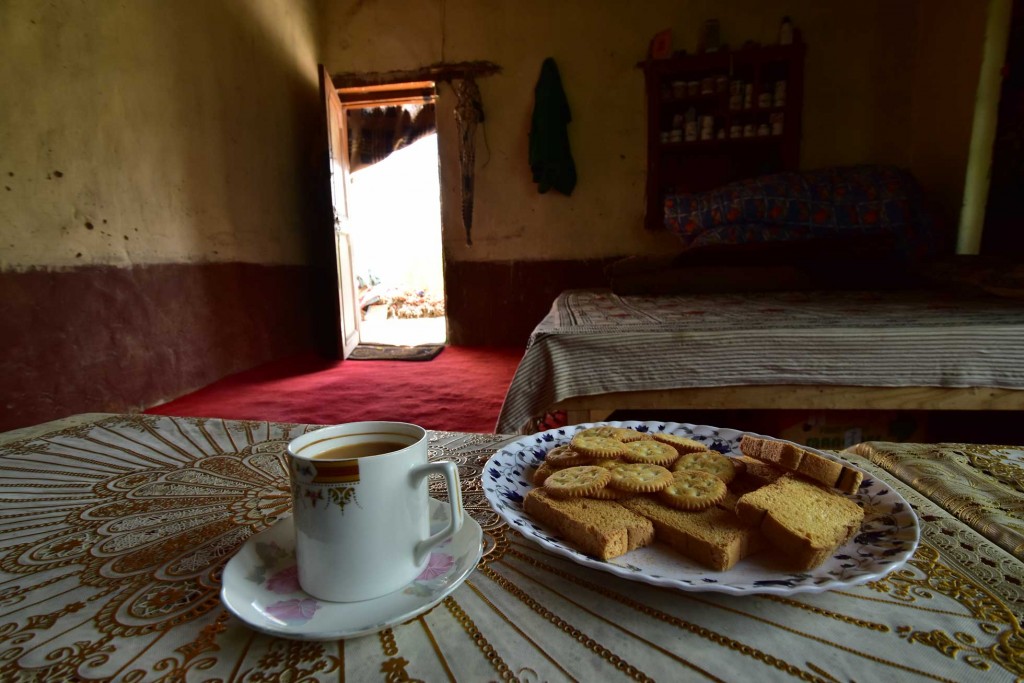
Spontaneous invitations while traveling are memorable experiences. A small gift for the host is a nice gesture, but there are no expectations.
In the course of a trip, our guests often develop feelings of camaraderie and gratitude for the team members who support them, and many want to thank them in the end with something more than the customary tip. This is all totally ok, and will certainly bring joy to all parties involved. No need to worry about making a faux pas!
But what present to give?
This is a difficult question, because the answer always depends a lot on who you want to give the present to. In most cases you don’t know in advance who you will meet on the way – many encounters are spontaneous and unplanned. But it is not necessary to bring something all the way from home: in case of need, you can also quickly get small gifts on the spot. This has the extra benefit of strengthening the local economy, and on the other hand it is usually much cheaper than in the home country. In situ, you will know more about what might happen the next day, and your guide will be happy to help you deciding what you could give to the hosts. If you are invited, for example, to a meal with a nomad family, he will advise you to get some fresh fruits and vegetables, as the nomads don’t have easy access to such foods.
As far as children’s gifts are concerned, we find balls, coloring pens, puzzles or other games and far more sensible than sweets. But if the idea is to give something typical from the home country, things like the Mozartkugeln from Austria or Finnish licorice are two good examples. Not only the children but also the parents will be happy to taste them!

A ball is a better and more lasting gift for children than chocolate and other sweets.
If you don’t want to bring certain things back home at the end of a trip, you can leave them in the host country too, especially if you think this will make someone happy. A good pair of sunglasses, which you would rather change for a new one, can be given for example to a horse handler in Ladakh, who often suffers from eye irritation due to the intense sun exposure. An old used (but not broken) fleece jacket or hiking pants may also find a very happy new owner. Such gifts are usually extremely well received, because high-quality trekking equipment is, in general, more expensive and harder to get in the host country.
![]()
And now the big BUT
Do not worry now about the big gift questions: What should I bring? How much should I bring? Should I plan in advance? There is absolutely no need to worry about it. Planning a trip is in itself already exhausting enough. Gifts are not a must and are usually not expected. If something spontaneous happens and there’s no material token available to give away, a well-intentioned thank-you with a sincere smile is worth at least as much. Because:
The best things about traveling are the unplanned experiences and unexpected situations, and finding new friendships that are not based on gifts and convenience.
The best things about traveling are unexpected, spontaneous encounters. Gifts and presents for the new friends are not necessary.
![]()
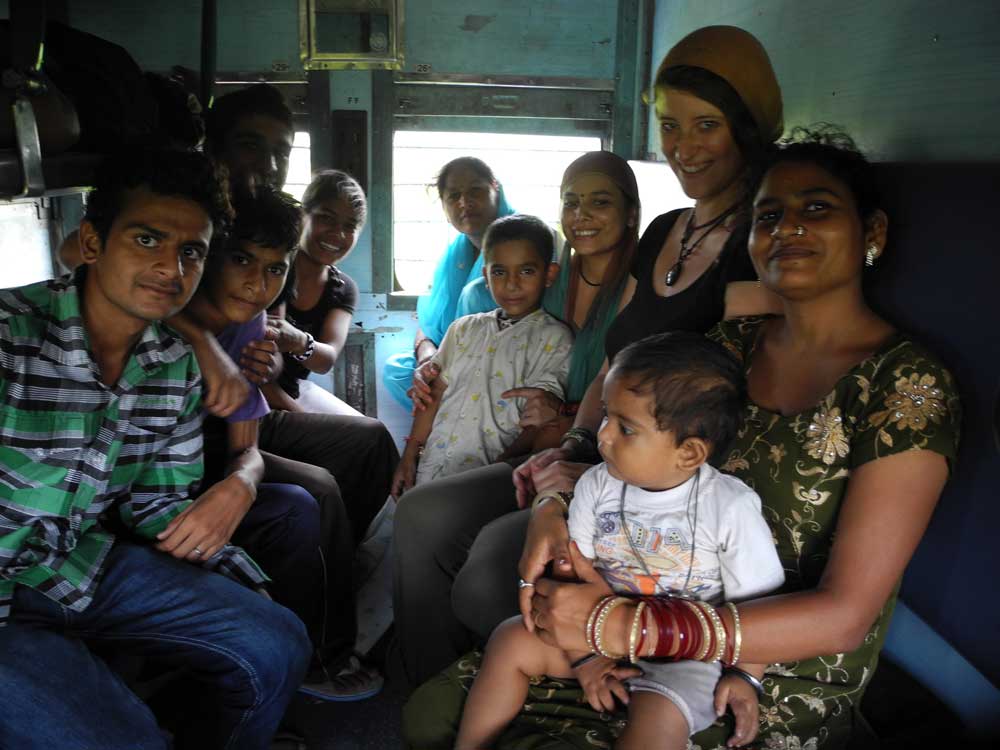
The best things about traveling are unexpected, spontaneous encounters. Gifts and presents for the new friends are not necessary.
![]()
![]()


